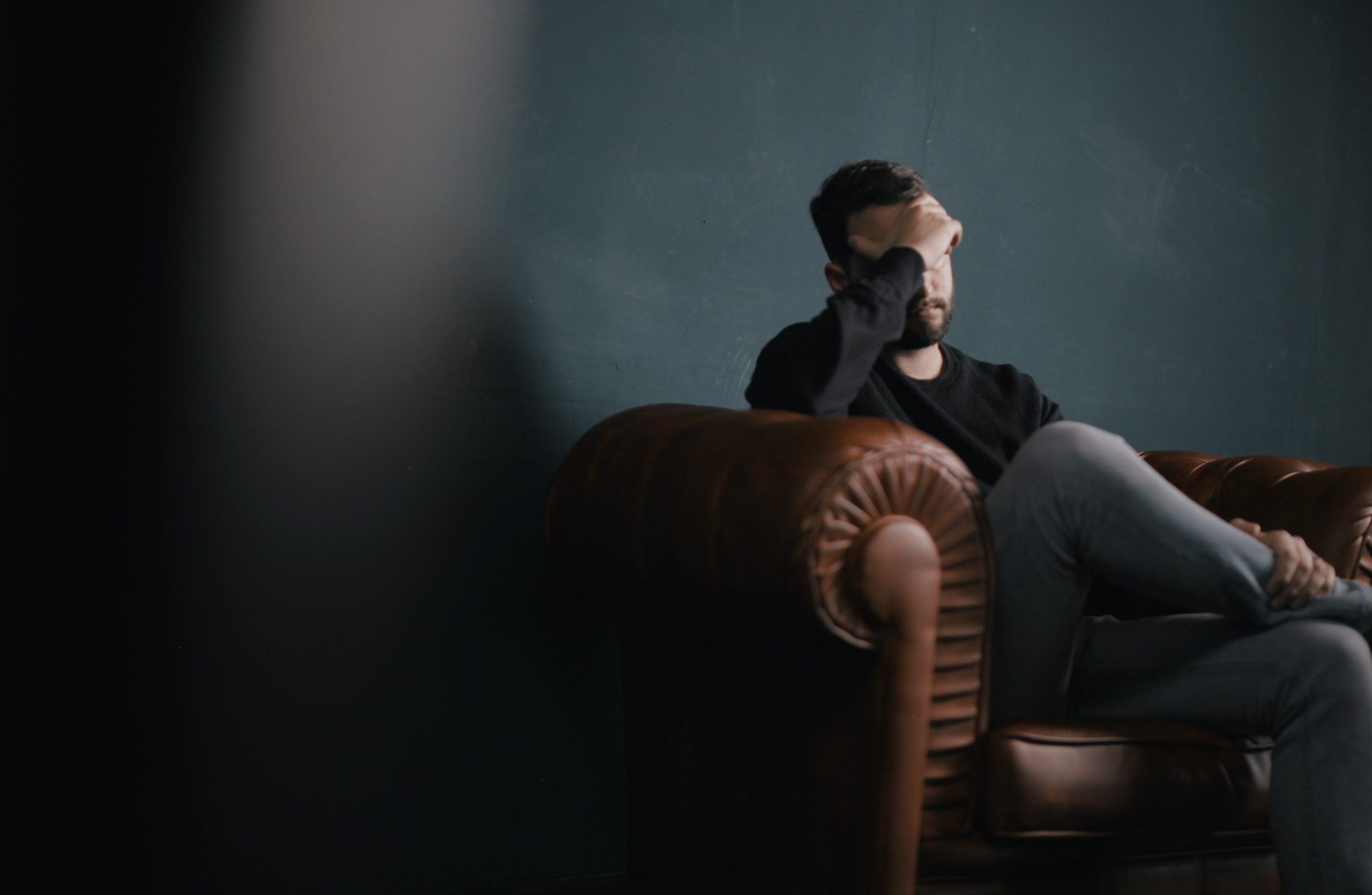The British Psychological Society (BPS) have recently stated that one in two people are experiencing increased anxiety levels concerning paying their bills in comparison to last year.
As we move into the colder months, the BPS has warned of a potential mental health crisis as it continues to publish new figures. Findings all point to heightened anxiety levels regarding the energy price cap rise (which came into force 1st October) and the precarious nature of the economy. While the energy bill support from the government is welcome, the BPS draws attention to not enough support for those on the lowest incomes, and highlights that as well as energy bills, people are highly anxious about food and fuel affordability this winter.
Data, collected by YouGov on behalf of the BPS, reveals that 51 per cent of respondents (who did not already have a diagnosed mental health condition) reported feeling more anxious about being able to pay their bills than this time this last year. One in five people without a previously diagnosed mental health condition reported that worrying about money was making them feel depressed. Moreover, only just over a quarter of all respondents said they felt confident they could get by financially this winter. Groups expressing more anxiety include those already diagnosed with mental health conditions, women and young people and those with a lower socio-economic status.
“The cost-of-living crisis is critical, immediate and severe and disproportionately impacting those that need support the most. As well as the practicalities of being able to heat homes and put food on the table, people are also carrying the mental health load of living under this strain. We are incredibly concerned that many simply will be unable to cope, with nowhere to turn to get help as services are already stretched and struggling to cope with soaring demand.
We urge the government to target support to those on the lowest incomes, and ensure benefits rise in line with inflation. They must also make sure that there is the necessary funding in place for mental health services so they can try and cope with the inevitable surge in demand we will see this winter.”
Sarb Bajwa, Chief Executive of the BPS
Key findings reveal:
- 62 per cent of those with a mental illness/condition reported feeling more anxious about being able to pay their bills than this time last year, causing concern about increased demand on services.
- 44 per cent of those with a mental illness/condition also said that worrying about money is making them feel depressed.
- 61 per cent of all females reported feeling more anxious about being able to pay their bills than they did this time last year compared with 47 per cent of males. 30 per cent of females said worrying about money was making them feel depressed, compared with 26 per cent of males.
- Female respondents were more concerned about being able to afford various household costs over the coming year, including energy bills (77 per cent of females versus 65 per cent of males).
- Concern also differed by age, with those aged 35-44 were more likely than other age groups to say they feel more anxious about being able to pay their bills than this time last year (63 per cent of those aged 35-44 versus 55 per cent of all respondents).
- Unsurprisingly those from lower socio-economic status groups were more concerned about being able to afford food/groceries (61 per cent of respondents in the C2DE group compared with 52 per cent overall).
Joanne is the editor for Workplace Wellbeing Professional and has a keen interest in promoting the safety and wellbeing of the global workforce. After earning a bachelor's degree in English literature and media studies, she taught English in China and Vietnam for two years. Before joining Work Well Pro, Joanne worked as a marketing coordinator for luxury property, where her responsibilities included blog writing, photography, and video creation.



